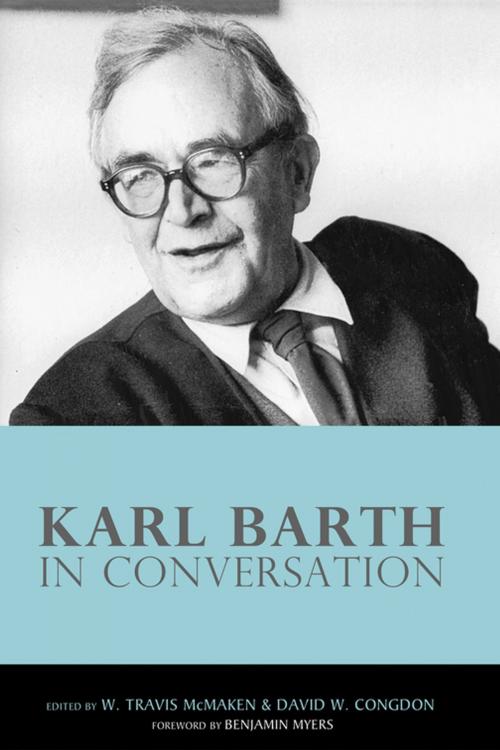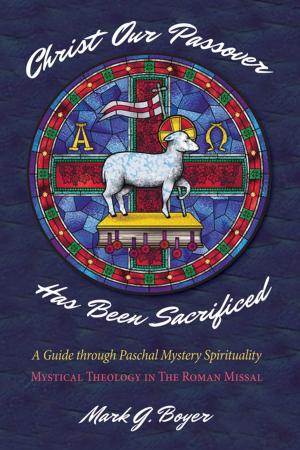| Author: | ISBN: | 9781630873905 | |
| Publisher: | Wipf and Stock Publishers | Publication: | February 18, 2014 |
| Imprint: | Pickwick Publications | Language: | English |
| Author: | |
| ISBN: | 9781630873905 |
| Publisher: | Wipf and Stock Publishers |
| Publication: | February 18, 2014 |
| Imprint: | Pickwick Publications |
| Language: | English |
Karl Barth was an eminently conversational theologian, and with the Internet revolution, we live today in an eminently conversational age. Being the proceedings of the 2010 Karl Barth Blog Conference, Karl Barth in Conversation brings these two factors together in order to advance the dialogue about Barth's theology and extend the online conversation to new audiences. With conversation partners ranging from Wesley to Žižek, from Schleiermacher to Jenson, from Hauerwas to the Coen brothers, this volume opens up exciting new horizons for exploring Barth's immense contribution to church and world. The contributors, who represent a young new generation of academic theologians, bring a fresh perspective to a topic--the theology of Karl Barth--that often seems to have exhausted its range of possibilities. This book proves that there is still a great deal of uncharted territory in the field of Barth studies. Today, more than forty years since the Swiss theologian's death, the conversation is as lively as ever.
Karl Barth was an eminently conversational theologian, and with the Internet revolution, we live today in an eminently conversational age. Being the proceedings of the 2010 Karl Barth Blog Conference, Karl Barth in Conversation brings these two factors together in order to advance the dialogue about Barth's theology and extend the online conversation to new audiences. With conversation partners ranging from Wesley to Žižek, from Schleiermacher to Jenson, from Hauerwas to the Coen brothers, this volume opens up exciting new horizons for exploring Barth's immense contribution to church and world. The contributors, who represent a young new generation of academic theologians, bring a fresh perspective to a topic--the theology of Karl Barth--that often seems to have exhausted its range of possibilities. This book proves that there is still a great deal of uncharted territory in the field of Barth studies. Today, more than forty years since the Swiss theologian's death, the conversation is as lively as ever.















